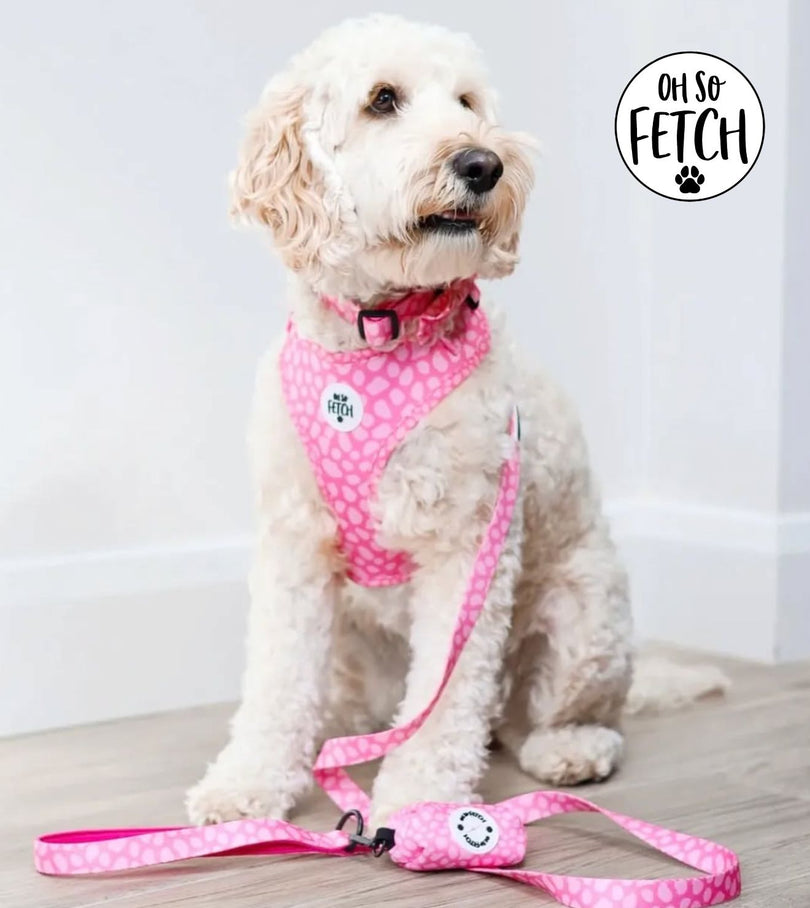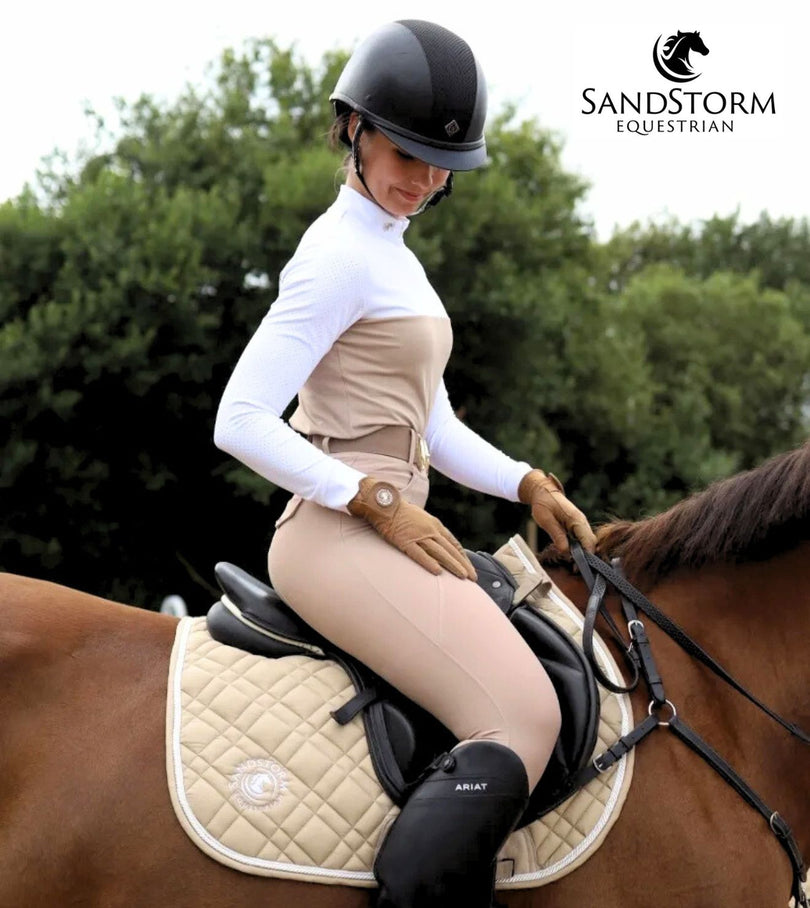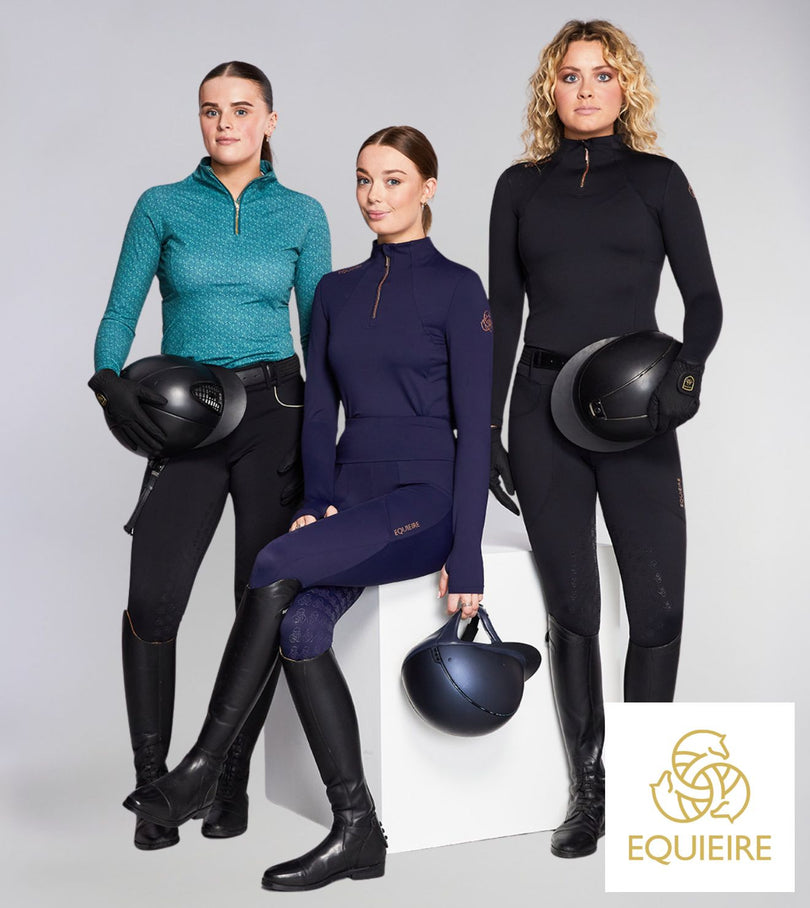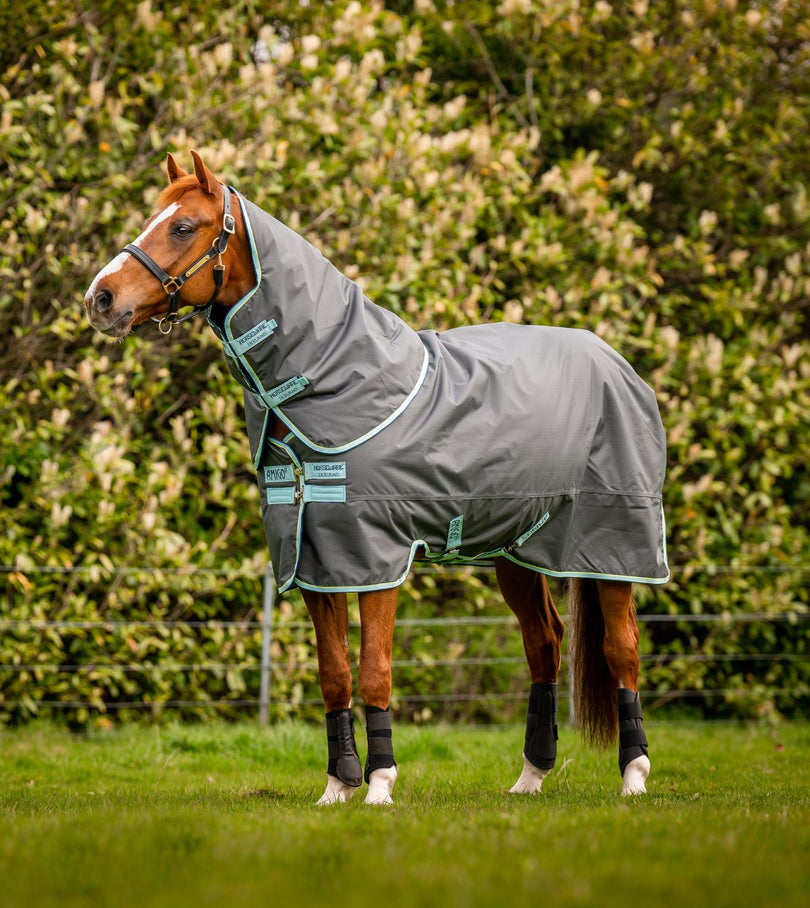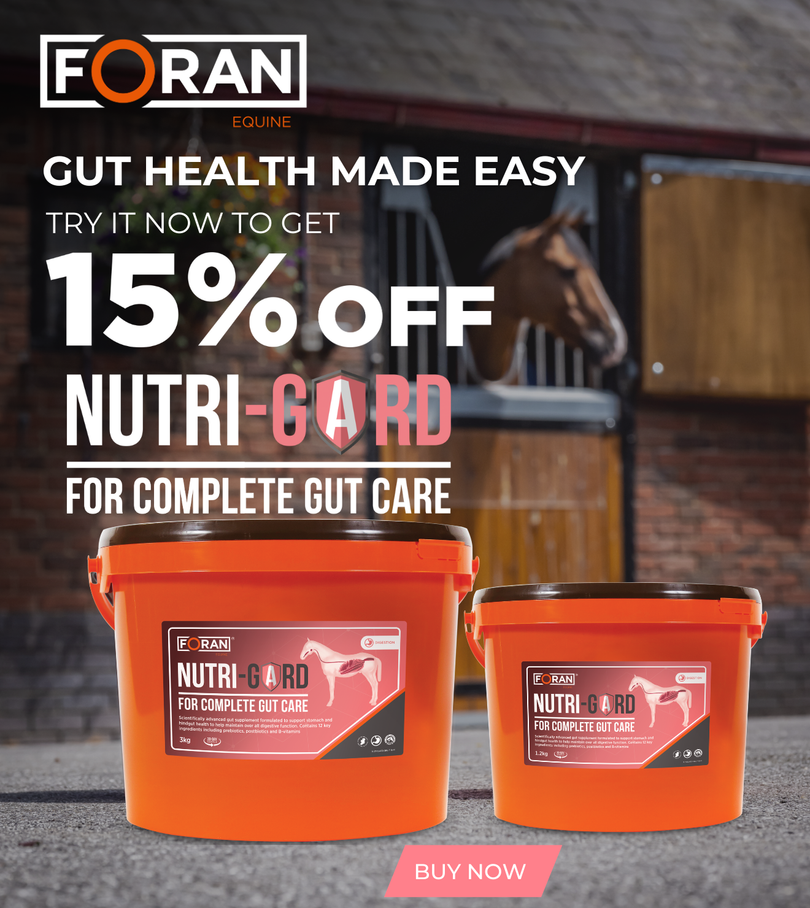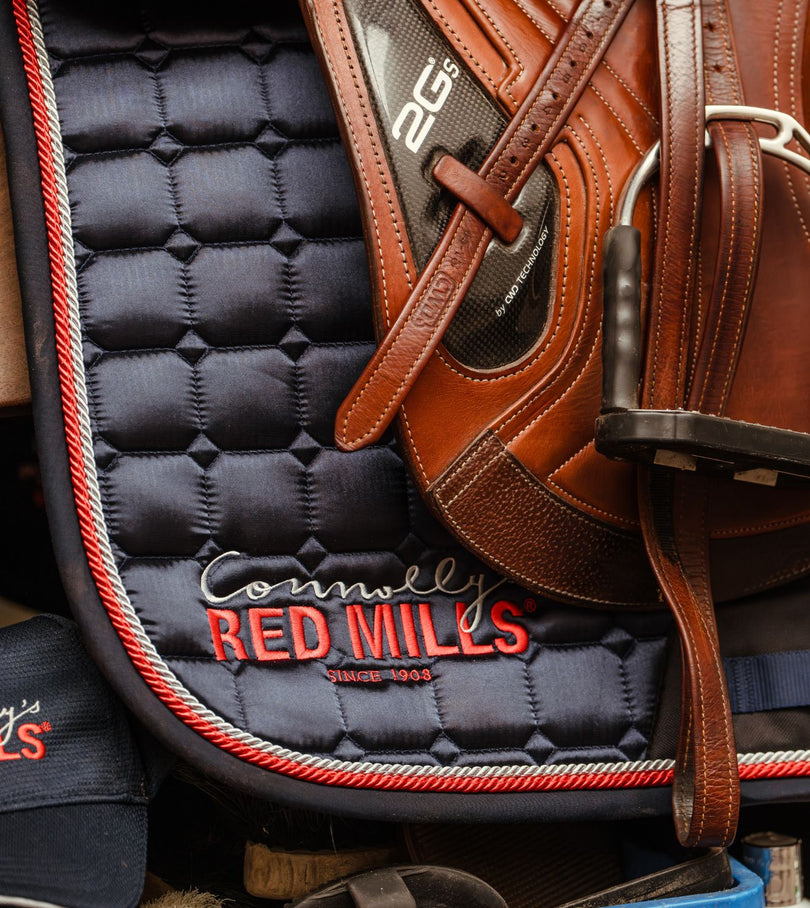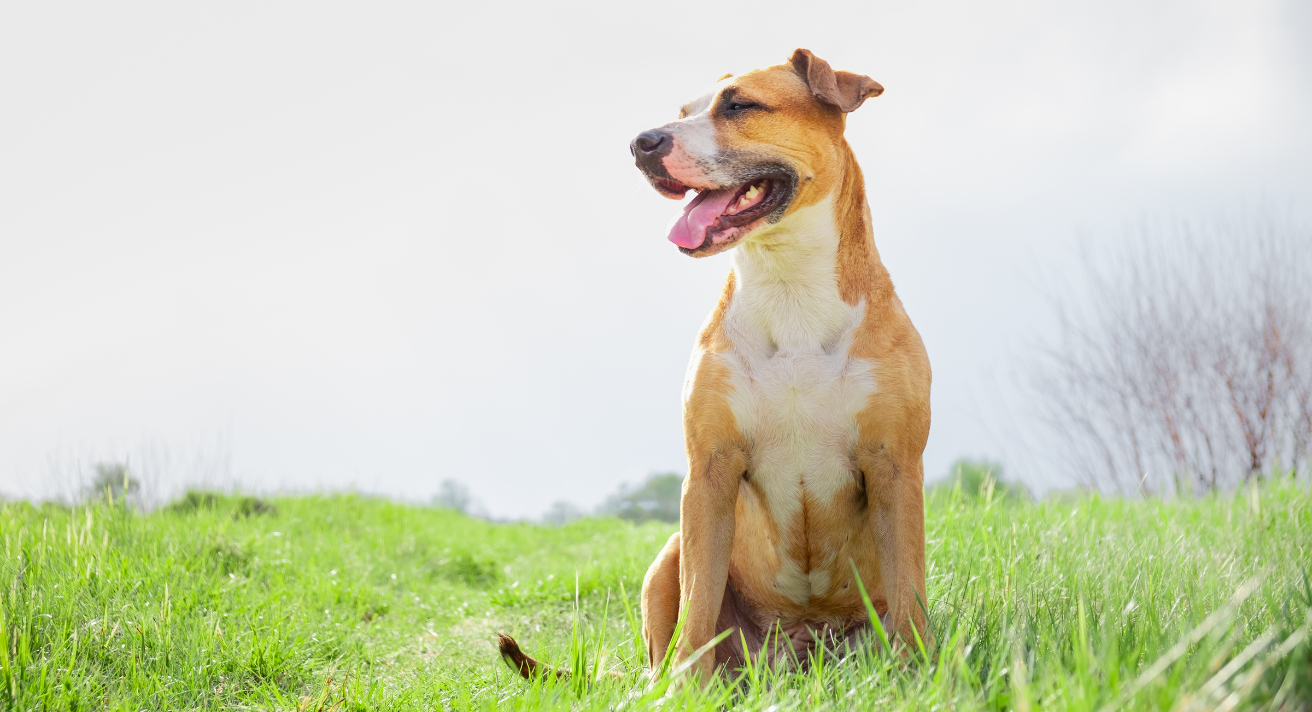You’ve probably heard that dogs age one year to every seven human years, but that’s not true. Different breeds have different life expectancies.
So, how do you know if your dog is a senior citizen?.
Did the season fail to put a spring in your dog’s step? Is your bestie more interested in snoozing in the sun than playing? Have you noticed their extra girth wasn’t just a heavy winter coat? Don’t panic. The right senior pet nutrition can keep them healthy and active well into their golden years.
Why Senior Dogs Need Special Nutrition?
With age, a dog’s metabolism slows. Wear and tear on their joints causes stiffness. Their vision and hearing start to fade, making them slower to come running when you open their treats or a cat wanders past.
Senior pets can have years of good living ahead. Finding a senior dog diet that meets their needs and gives them the best quality of life means they can enjoy a more active, comfortable life.
Best Ingredients in Senior Dog Food
These senior dog diet tips support the best ageing pet health.
- Lean protein keeps their muscles strong and their skin healthy without adding calories.
- Omega-3 fatty acids support a healthy heart and a glossy coat.
- Glucosamine and chondroitin are important for joint health in dogs. A quality senior dog diet such as Leader Senior Food is an easy way to provide these crucial nutrients.
- Antioxidants, vitamins and minerals are critical for immune and brain health.
- Weight management for senior pets helps support all of their body systems. A food such as Winner Senior Lite with low fat and lower protein can help.
Signs Your Dog Needs Senior Dog Food
Is it time to find the best food for senior dogs for your best friend? Watch for these indications its time to investigate senior pet nutrition:
- Weight gain or loss is often easier to spot when your dog sheds their winter coat.
- Sleeping more during winter is understandable, but sleeping more when the sun is out and being less interested in playing or walking suggests your dog is entering their golden years.
- Does it take longer for your dog to get out of bed? Are they reluctant to climb stairs? That can be joint problems such as arthritis, which can be helped with natural supplements for senior pets such as Foran Pet Care’s Arthri-Can.
- Changes in your dog’s appetite or digestion should be checked by your vet, but they can be a sign of aging.
How to Transition Your Dog to a Senior Diet
Aging is a gradual process, and one key to senior pet nutrition is to make any changes gradually. When switching to senior food, do it gradually over a period of a few weeks. A dental check will let you know if your pet would benefit from softer foods or a smaller size of dry food.
Chose treats that support healthy aging. Look for lower calories and functional ingredients for pets, such as Omega 3 and 6. Nutri-vigor hip & joint and Nutri-vigor skin & coat care are two examples. Functional ingredients for pets can be an important support for joint health for dogs.
With the sun out, it’s a good time for daily walks, but be sensitive to their pace. Avoid walking if it is too hot.
Tips for Feeding Older Dogs
Here’s a few tips for supporting your ageing pet’s health.
- Feed smaller, more frequent meals if needed
- Ensure easy access to food and water
- Monitor their weight and eating habits
- Stay in touch with your vet about dietary needs




